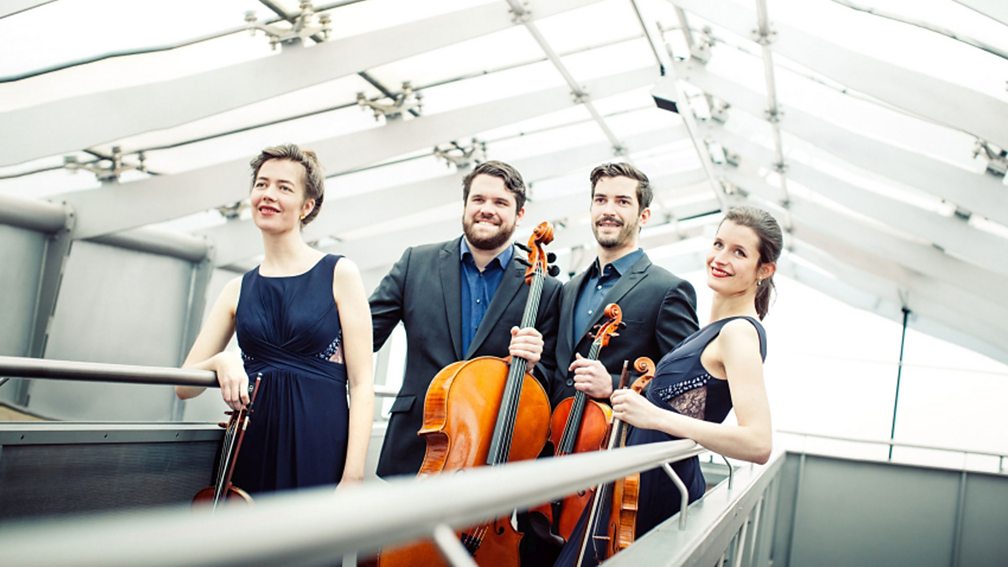

While Beethoven was labouring over the score, he decided to name the symphony after Napoleon Bonaparte, then First Consul of France. Vast in scope and strikingly original in style, it was bold, daring, even triumphalist.

35), it was unlike anything he had written before. Though inspired by some of his earlier works, especially the so-called Eroica Variations (Op. Before long, he had the outlines of a completely new symphony – his third – clear in his mind. Wandering through the countryside, sketchbook in hand, he began toying with a theme in E flat major.

In the preceding weeks he had been deeply depressed by the realisation that he was going deaf but there, surrounded by nature, he recovered his spirits and found a new sense of musical purpose. In April 1802, Ludwig van Beethoven left Vienna for Heiligenstadt, a village about five miles to the north.


 0 kommentar(er)
0 kommentar(er)
